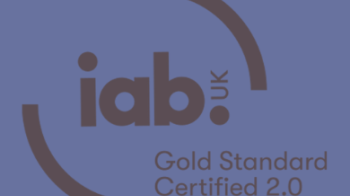COVID-19 x keyword blocking: 9 tips for advertisers
Posted on Thursday 03 September 2020 | IAB UK
We've complied a list of nine ways brands can support quality journalism and #backnotblock their writing
At IAB UK, we champion initiatives and practices that help build a sustainable future for digital advertising. With the UK currently in lockdown due to coronavirus, people are turning to digital channels to stay updated on the news and for guidance on how to stay safe. From an advertising perspective, it is therefore not just important that we sustain quality journalism by continuing to place ads around this content, but it also makes good business sense as the vast majority of consumers do not think brands need to stop advertising during the Covid-19 outbreak and 82% of consumers are actively seeking out coronavirus news and content online.
In January, we launched a Content Verification Guide in collaboration with a cross-industry working group and other trade organisations, to provide advice on how to manage brand safety in a sustainable way. It is particularly relevant now, as advertisers ramp up keyword blocking of COVID-19, impacting news provider’s ability to fund the content we’re all relying on.
As a result, we have been working with our members and with Newsworks, the AOP, IPA and ISBA to encourage brands to #BackNotBlock British journalism at this time of national crisis. To achieve this in practice, it’s important that advertisers are equipped with the right information.
Check out our 9 practical tips for brands to #BackNotBlock British journalism:
-
Where possible, you should continue to support your brand and business with advertising. With events being postponed and in-person meetings shifted to later in the year, there is a highly engaged audience online at the moment and you should consider how to appropriately engage a captive audience
-
To ensure that critical information and updates reach the public, and that news publishers can monetise their content, speak to your brand team/agency and enable advertising against hard news topics you may have previously been avoiding, including coronavirus. To do this:
-
Talk with your verification provider to understand which categories coronavirus content may appear within and consider making trusted new publishers exempt from these
-
Review your existing keyword blocklists to ensure that you are not including any coronavirus-related terms. Consider those that are obvious; some of the most common keywords related to coronavirus you should avoid where possible are “coronavirus”, “covid”, “covid-19”, “crisis” , “lockdown”, “self-isolating”, “virus testing”, “furlough”, “social distancing”, “isolating”, “pandemic” but also review and consider those that are more obscure such as “natural disaster”, “Boris Johnson” etc.
-
Review the data available to you from verification providers to understand where your brand is and is not appearing. If block rates are high, understand what is driving this and make changes accordingly
- Consider setting up direct relationships with news publishers to support their content at this time
-
Publishers control the content they monetise, so speak to your partners directly to understand the approach they are taking
-
Review your campaign message to ensure it is considerate and appropriate for the context and time it is being delivered in. Consider that there is a lot of content being posted right now so to cut through the noise, make sure your messaging - from copy to creative - is communicated clearly
- Adapt to the dynamic nature of this unfolding situation by reviewing your brand safety strategy and keyword blocklists frequently
-
Encourage feedback and new ideas from your agency and publisher relationships. Ask them for feedback on how other brands are managing the situation to see if any new ideas come to the surface
-
Importantly, ensure your internal teams are informed of your decision to support quality news and trusted content and that the PR team are prepared for questions that may arise e.g. “we are advertising around this content on trusted news sites in order to support the content they are producing at this critical time”.
-
Lastly, don’t underestimate your influence. Share the message on your social channels and raise awareness among your consumers. Not only will this let them know what you are doing to support quality news, it will encourage your peers across the industry to do the same
Google have also published advice on how brands can revise their content verification approach via Display & Video 360. You can see this here.
This content is supported by:



Related content
Q&A: A responsible approach to brand safety
Learn moreDespite GARM’s setback, look to Team GB cyclists to keep collaboration on track
Learn moreIAB UK reinforces the Gold Standard with new updates
Learn moreFAQs: Find out more about getting Gold Standard certified
Learn more
Fast forward to 2030 with Futurescape
An in-depth exploration of the attitudes, innovations and media shifts that will shape the years ahead and redefine how we advertise by the turn of the decade



